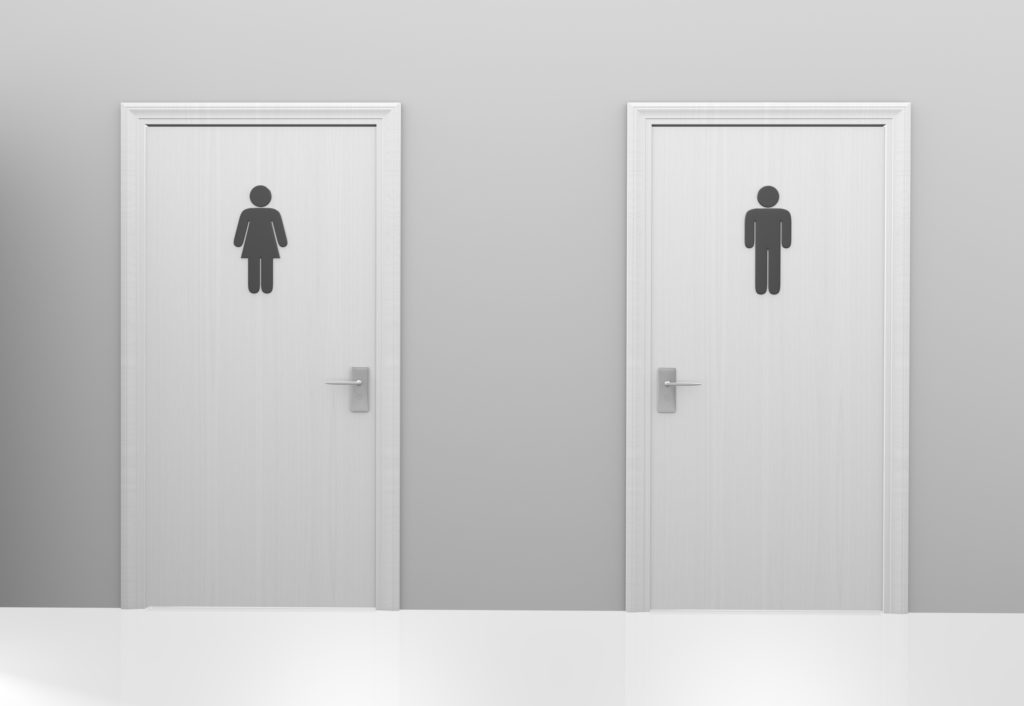A bill that would have repealed Washington state discrimination protections for transgender people died in a state senate committee last week. But human rights advocates aren’t popping the champagne just yet. The short and uneventful life of HB 1011 was just one in a series of fortunate and unfortunate events for transgender Washingtonians—a series that has not yet reached its conclusion, and could profoundly change the legal protections surrounding one of the state’s most vulnerable minorities. Here’s what happened:
Fortunately, public consensus on the status of transgender people began to shift in the last two decades from the cruel derision of Ace Ventura: Pet Detective to the stumbling tolerance of Transparent.
Unfortunately, in December Republicans introduced a bill in the state House of Representatives that would have repealed anti-discrimination protections for trans people in Washington.
Fortunately, that bill died in committee last week.
Unfortunately, that bill wasn’t the only threat to trans rights inside or outside of the Evergreen State. Also last week, the Trump administration sent out a memo reversing the Obama administration’s legal position that Title IX protections against sex discrimination apply to discrimination against transgender people.
Fortunatelly, that memo won’t hurt any students in Washington, because we have our own law against trans discrimination.
Unfortunately, Washington religious conservatives are currently gathering signatures for a ballot initiative which, if voted into law, would repeal that law’s protections against trans discrimination and also mandate discrimination against transgender students in public schools. (Fortunately, those conservative failed in an identical attempt last year; unfortunately, they started earlier this year and may well succeed in gathering enough signatures to get onto the ballot this fall.) Proponents of the initiative have insisted in the past that they are not targeting transgender people but rather sexual predators, though this characterization is plainly inconsistent with the actual text of the initiative.
And looming over all this is the pending U.S. Supreme Court case Gloucester County School Board v. G.G., in which eight or nine cisgender justices will debate which bathroom Gavin Grimm, a transgender boy attending high school in Virginia, ought to use. Ever since the Court ruled in favor of marriage equality for gay couples in 2015, the question of transgender access to restrooms and other gender-segregated facilities has emerged as a new proxy for the larger culture war between American social liberals and social conservatives. For better or for worse, the Court’s ruling in Glouster could resolve that question, or at least define the boundaries of future debate.
Gender Justice League executive director Danni Askini says human rights advocates are pleased by the death of the state House of Representatives bill. “This is great news,” she says. “This indicates that [state] senate Republicans…have come to realize that this is a loser issue for them—that the people of Washington state aren’t buying the red herring that transgender people are dangerous.”
But she worries that the aforementioned initiative could gather enough signatures to get on the ballot. “I’m not worried that we would lose” the actual election, she says, “but I do think it puts the [LGBT] community in harm’s way to even have our rights on the ballot box. It sends a signal that trans people are not wanted and are going to be singled out,” she says, and “sets a dangerous precedent that people can vote on other people’s rights.”
Trump’s anti-trans memo is also dangerously symbolic, she says. “It sends a signal to bullies that transgender youth are targets,” says Askini. “I think that’s disgusting.”








